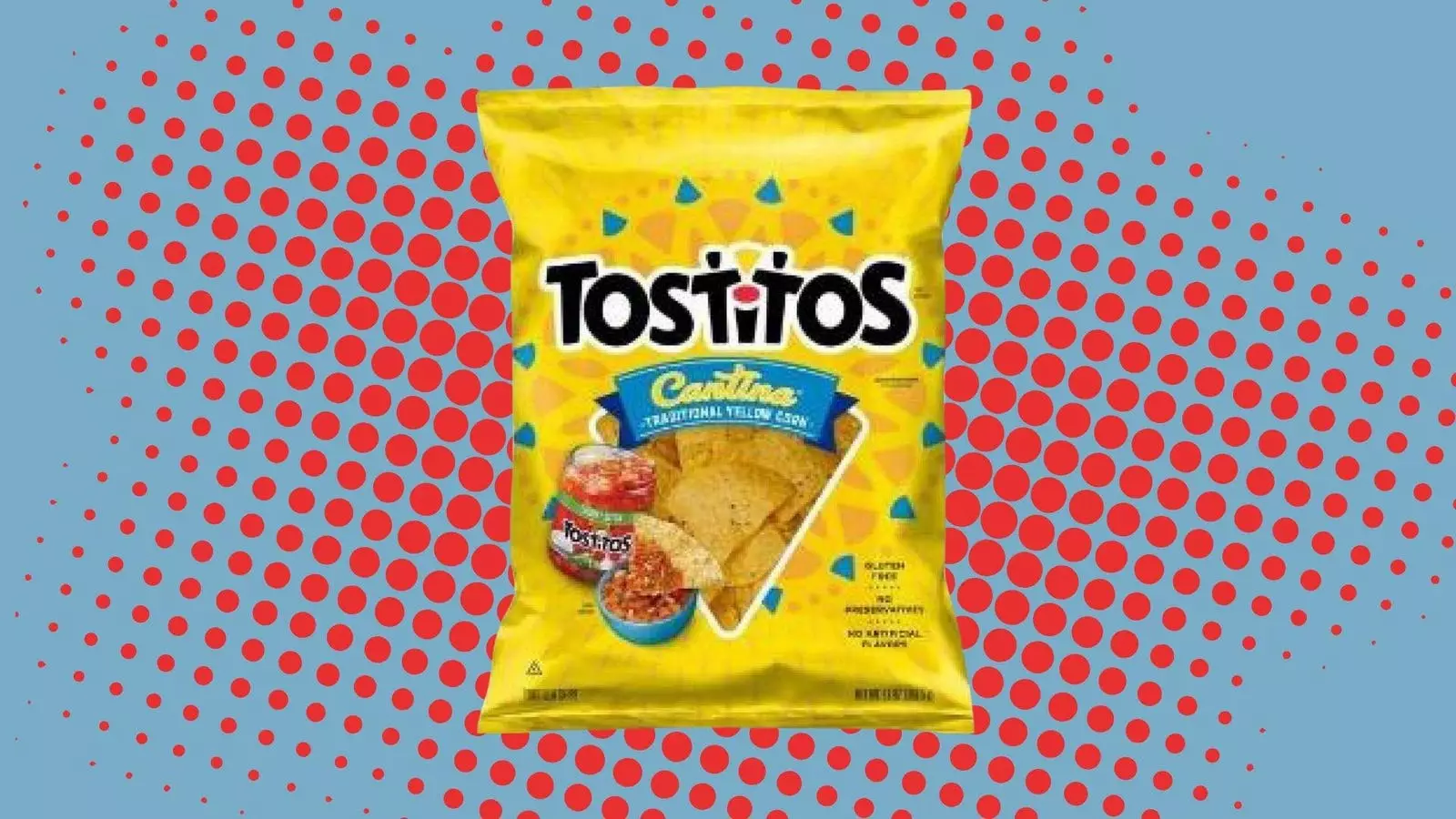Recently, Tostitos made headlines due to a Class I recall of their Cantina Traditional Yellow Corn Tortilla Chips. This kind of FDA classification is not taken lightly—it’s the most serious level of recall and is reserved for cases where the consumption of a product poses an immediate health risk, or even the potential for death. What sparked this particular concern? The revelation that under 1,300 bags had been mislabeled and may contain nacho cheese tortilla chips, which include an undeclared milk allergen. While it might seem like a minor issue to those without dietary restrictions, for consumers with milk allergies, this could be a matter of life and death.
The FDA’s classification of this recall illustrates the high stakes involved in food safety regulations. It brings to the forefront a critical discussion about the importance of accurate labeling—a necessity for those who could incur severe reactions from allergens. This latest incident serves as a stark reminder that complacency in food safety can have dire consequences. For millions of individuals with food allergies, every trip to the grocery store is fraught with anxiety.
Corporate Responsibility and Prompt Action
Frito-Lay’s voluntary recall demonstrates an essential aspect of corporate responsibility in handling food safety issues. They quickly disclosed the mix-up to the FDA, acknowledging the packaging error that led to the mislabeling. The recall affects only a limited number of Tostitos bags, yet the company took immediate action to remove those from circulation. This level of responsiveness is crucial in fostering consumer trust, especially in industries where health implications are vast.
While the vast majority of consumers will be unaffected by this recall, its implications extend beyond just chips. It’s a reminder of why companies must prioritize meticulous attention to detail in their labeling practices. Allergen labeling is not simply about following regulatory guidelines; it represents a vital element of consumer protection. A lapse in this area can undermine public trust and lead to severe health consequences for those relying on these products for their safety.
The Broader Implications for Food Safety
The Tostitos recall illuminates a broader issue within the food industry: the importance of transparent business practices. Consumers are increasingly demanding accountability from food producers, particularly since food allergies are on the rise. For the food industry to thrive, it must align with heightened consumer awareness about health safety. The expectation is clear: companies must ensure ingredient lists accurately reflect the contents of their products.
In an era where misinformation can spread rapidly via social media and news outlets, the repercussions of a recall can extend far beyond the immediate crisis. A single incident can significantly tarnish a brand’s reputation, leading to lost sales and diminished consumer faith. This Tostitos recall is an acute example of how a minor oversight can snowball into a significant public relations issue. It’s not just about the chips; it’s about the essential trust that consumers place in their food.
Trust and Consumer Behavior
At the heart of this conversation is the trust consumers have in food labeling. For many, especially those with food allergies, labels are not merely informational; they are a safeguard against potentially fatal reactions. An accurate ingredient list is a lifeline for those navigating the complexities of dietary restrictions.
This incident underscores the challenges many face in their everyday lives. Consumers with allergies approach grocery shopping with an inherent suspicion, combing through products to confirm whether they are safe to consume. Any misstep in labeling can turn a simple snack run into a chaotic series of decisions and fears about health risks. The Tostitos recall reaffirms the need for precision in this context; it’s about much more than compliance with regulations—it’s about the lifelines consumers depend upon as they navigate their choices.
While this specific recall may not affect the majority, for those with dietary restrictions, it remains a critical reminder of the stakes involved in food safety. Trust is a fragile yet essential component of consumer brands, and this incident illustrates vividly how quickly it can be threatened. Brands must understand the implications of their decisions, as safety and transparency are no longer just values—they are expectations from a discerning consumer base.


Leave a Reply